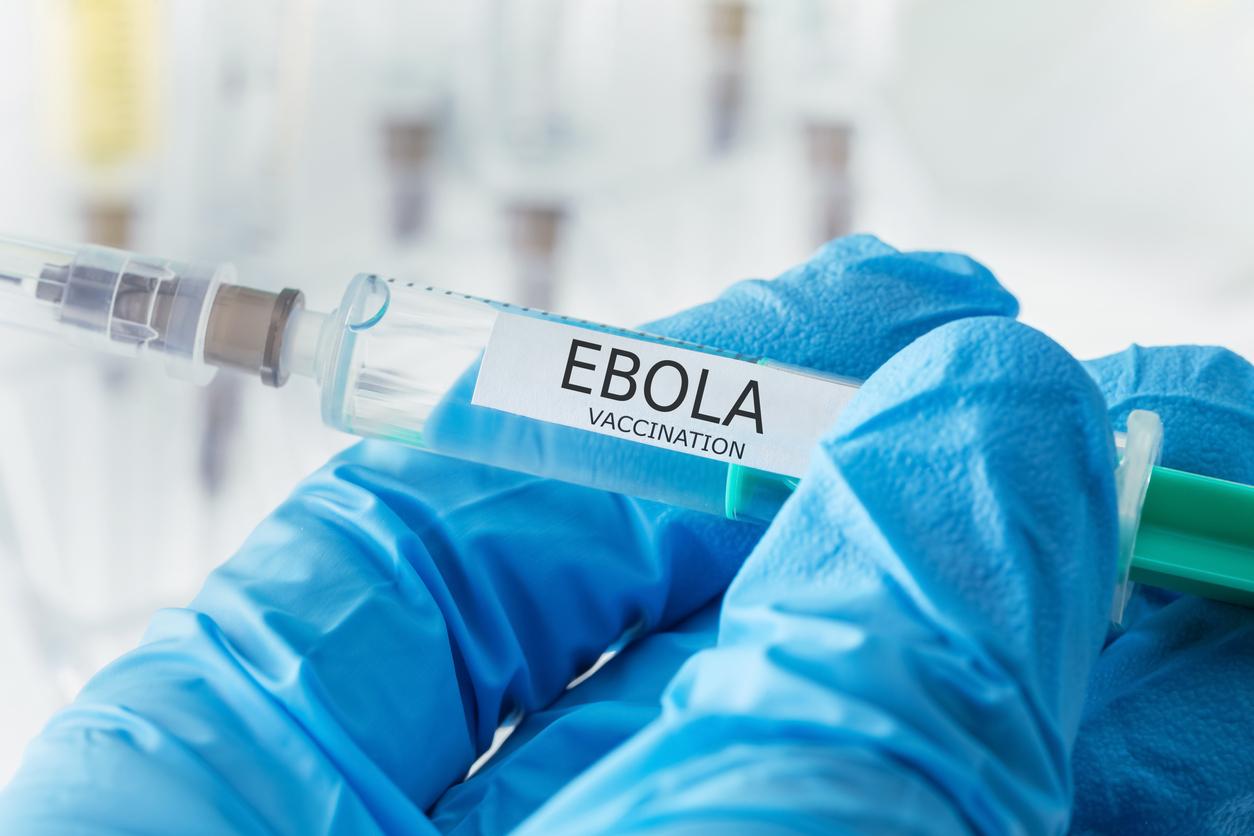A good reason to be connected. “Big data” (big data) confirms their role as a warning tool and in the fight against epidemics like Ebola.
The illustration is given with the company Healthmap, at the origin of an algorithm which would have identified the hemorrhagic fever Ebola nine days before the WHO. It was a group of researchers, scientists and computer experts from Boston, USA, who developed the HealthMap mapping tool. The algorithm was designed to proactively identify epidemics like Chikungunya, Dengue and Ebola before they develop. They thus succeeded in detecting in preview the spread of the virus in West Africa thanks to the complex analysis of databases, social networks and news bulletins from all over the world.
Unofficial but useful information
“Official agencies tend to be more cautious before making announcements, so communication with the public is sometimes lacking,” notes Clark Freifeld, co-founder of HealthMap in 2006 at Boston Children’s Hospital, quoted by AFP. “We consider it our role to find this type of information quickly even if it is not always validated by official announcements,” he adds.
“The interest of Big Data was quickly seized by the banks which exploit them to increase the precision of their anti-fraud measures or by the pharmaceutical companies which use them to develop new drugs capable of saving lives”, explains David Richards, CEO of Wandisco, a big data company, in a column on CNBC.com.
Many are betting on the importance of Big Data technologies to anticipate the spread of a disease. These forecasts would limit the number of people infected and the death toll, according to its supporters.
For health authorities, the gain would also be considerable: knowledge of this data could give them a head start in deploy protective measures and avoid health emergencies as is the case today with Ebola.


















